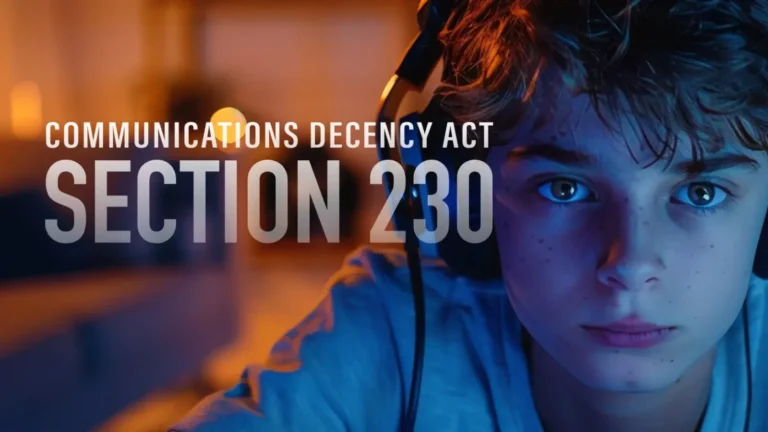National Center on Sexual Exploitation Hosts National Symposium on “Protecting Children from Online Exploitation” in Washington, D.C.
Washington, D.C. – Leading experts from across the nation converged in the Gold Room at the Rayburn building in the U.S. Capitol to discuss the unaddressed threats facing children online.
“Social media is removing previous barriers to grooming victims for child abusers, sex traffickers, pimps, and even sex buyers themselves because apps make minors’ accounts easily discoverable and accessible. This is leaving countless adolescents vulnerable and exploited, in some cases even by strangers contacting and grooming them when their so-called privacy/safety settings were turned on,” said Haley Halverson, Vice President of Advocacy and Outreach at the National Center on Sexual Exploitation. “In order to dismantle the current predator’s paradise online, we need age-based default safety settings on social media platforms and other apps; these would include features like automatically disabling direct messages from strangers for accounts of minors, automatically disabling geo-tagging, filtering out pornography, and better algorithms to remove sexually graphic or sexualizing comments on minors’ photos or videos. We also need policymakers to make it clear that 13 is not the digital age of adulthood after which mega-corporations suddenly have no responsibility to protect them as minors.”
The symposium covered topics such as the implications of centralized DoH (DNS over HTTPS) on child sexual exploitation, fixing app ratings, how technology can be used to protect kids online, how pornography is instilling negative messages about rape, incest, and racism in kids, and more.
“As titles and descriptions of mainstream adult pornography demonstrate, an emphasis on teen and young girls is inescapable. This genre of pornography attempts to accentuate first-time sexual experiences, the youthfulness and sexual inexperience of the performers, the significant age differentials between those engaged in sexual acts, as well as the small body sizes of the performers, thus creating and catering to the sexual fantasies of users that involve the sexual abuse of minors,” said Lisa Thompson, Vice President of Policy and Research at NCOSE. “The thesis of such material, easily accessible to adults and minors alike, is literally sexual harassment and abuse.”
If you would like to schedule an interview, please contact Jake Roberson at press@ncose.com.



